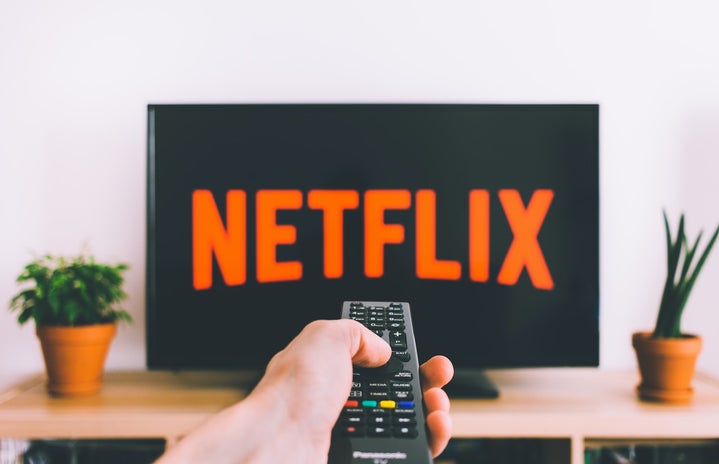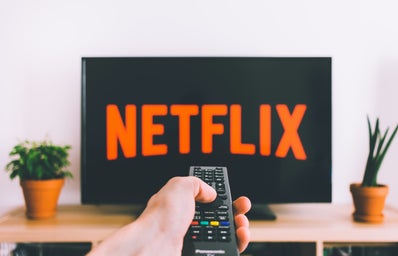The 2000s and early 2010s were characterized by iconic television, remembered and still loved by many. Shows such as “Gossip Girl,” “Glee,” “Modern Family” and more continue to attract audiences appreciating the beloved shows.
In recent years, there has been a discomfort for fans of many shows: Will my show be the next to get canceled? As streaming services continue fighting for wider audiences, ongoing and new series are getting fewer seasons.
Some shows’ unexpected ends can be attributed, at least in part, to the Writers Guild of America strike. However, the uptick in cancellations happened long before the strike as a result of tight budgets and projected subscribing audiences.
Even in shows with reboots of popular nostalgic shows such as “How I Met Your Mother” spinoff “How I Met Your Father” -which got canceled after just 2 seasons- there is no guarantee of a renewal.
Steven Levitan, creator of the 11-season ABC hit “Modern Family,” launched his Hulu original sitcom, “Reboot,” in 2022.
After 13 episodes -the typical sitcom used to have 22-episode seasons- the show was canceled. This occurred despite its relatively positive reviews, as well as two Critics Choice Awards nominations.
“Reboot” is not the first show of its time to be canceled too soon. Popular shows including “First Kill,” “A League of Their Own” and more have been canceled after just one season.
There are many explanations for the cancellations of shows and the shift in TV consumption. One explanation given by “The Good Place” creator, Mike Schur, is binge culture.
Schur, who now has turned to streaming services, said that the opportunity to provide binge-watchable shows has made the market far more competitive.
For shows such as “First Kill” and “Grand Crew,” audiences felt connected to the representation they saw on TV. First Kill gave fans hope for lesbian and sapphic representation in TV, while “Grand Crew” showed the everyday experiences of Black joy.
Fans have expressed their frustration for the cancellation of shows such as these, which have brought positive representation and familiarity for audiences.
Hollywood actress, writer and producer Issa Rae expressed her own frustrations with the cancellations of shows that bring representation to the screen.
“You’re seeing so many Black shows get cancelled, you’re seeing so many executives – especially on the DEI [diversity, equity and inclusion] side – get canned. You’re seeing very clearly now that our stories are less of a priority,” said Rae.
As fans have grown more experienced in launching revival campaigns and hashtags for their favorite TV shows, audiences wonder what kinds of initial success a show needs to have in order to get off the chopping block.


